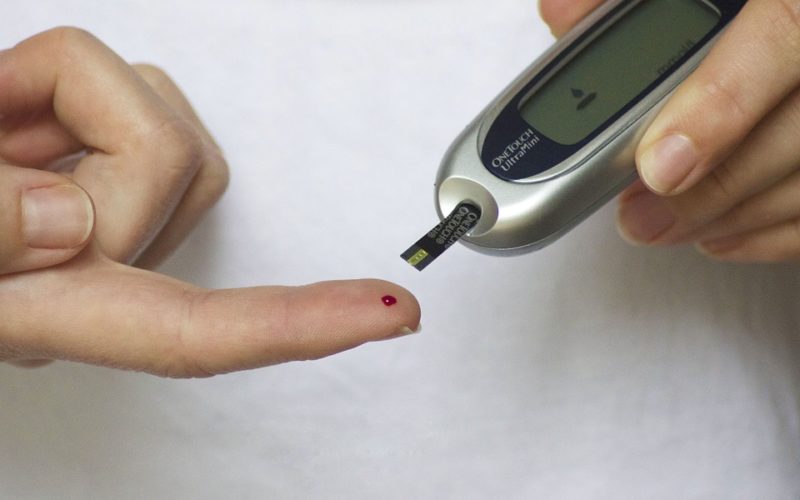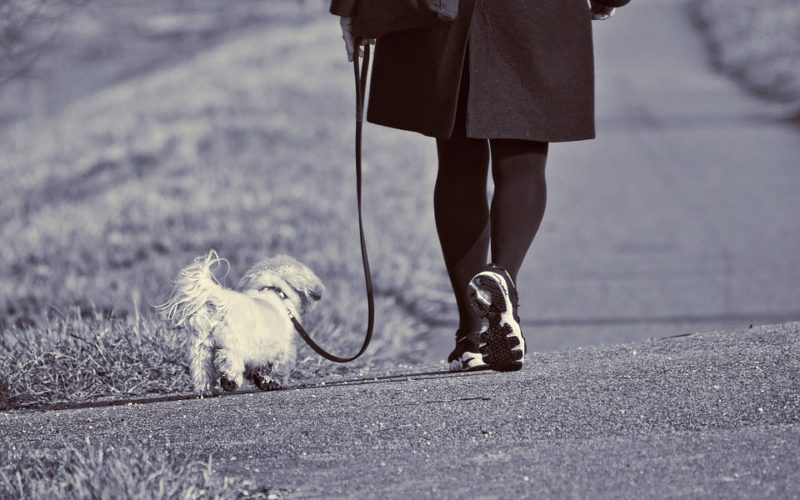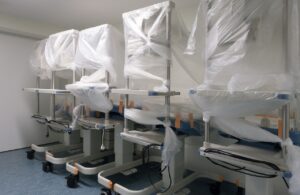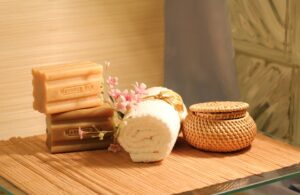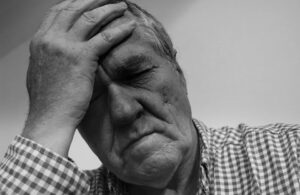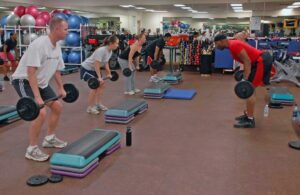Ageing is an inevitable part of life, and with it comes various changes in our bodies, including our hearing. Hearing loss, also known as presbycusis, is a common condition that affects many older adults. It can have a significant impact on the quality of life, making it essential to understand how ageing affects hearing and what can be done to manage this condition effectively.
Why does hearing decline with age?
Hearing loss due to ageing primarily results from the gradual degeneration of the inner ear structures. The hair cells in the cochlea, which are responsible for transmitting sound signals to the brain, become less efficient over time. Additionally, changes in the auditory nerve and the brain's processing abilities can contribute to difficulties in understanding speech, especially in noisy environments. Factors such as prolonged exposure to loud noises, genetics, and certain medical conditions like diabetes and high blood pressure can accelerate this process.
Recognising the signs of hearing loss
It's crucial to recognise the early signs of hearing loss to take appropriate action. Common symptoms include difficulty hearing conversations, especially in crowded places, frequently asking people to repeat themselves, and a constant ringing in the ears (tinnitus). If you or someone you know is experiencing these symptoms, it may be time to consider a hearing test. Early detection and intervention can significantly improve the quality of life and prevent further deterioration.
The importance of regular hearing tests
A hearing test is a straightforward and painless procedure that can assess the extent of hearing loss and determine the best course of action. Audiologists recommend that individuals over the age of 60 have their hearing tested regularly, even if they do not exhibit noticeable symptoms. A hearing test can help identify any issues early on, allowing for timely interventions such as hearing aids or other assistive devices. These tests can also provide valuable insights into the overall health of your ears and detect conditions like earwax build-up that may require attention.
Managing hearing loss with hearing aids
Hearing aids are one of the most effective solutions for managing age-related hearing loss. Modern hearing aids are discreet, comfortable, and come with advanced features that enhance sound quality and filter out background noise. By amplifying sounds and making speech clearer, hearing aids can significantly improve communication and reduce the strain of trying to hear in challenging environments. An audiologist can help determine the most suitable hearing aid based on the severity of hearing loss and individual preferences.
The role of ear syringing in maintaining ear health
Earwax build up is a common issue that can exacerbate hearing loss. Ear syringing, also known as ear irrigation, is a method used to remove excess earwax that can block the ear canal. This procedure involves flushing the ear with water to dislodge and remove the wax. While ear syringing can be effective, it should be performed by a healthcare professional to avoid potential complications such as ear infections or damage to the eardrum. Regularly addressing earwax build up through safe methods can help maintain ear health and prevent additional hearing problems.
Adopting a proactive approach to hearing health
Taking a proactive approach to hearing health can make a significant difference in managing age-related hearing loss. This includes protecting your ears from loud noises, maintaining a healthy lifestyle to reduce the risk of conditions that can affect hearing, and seeking medical advice promptly when symptoms arise. Additionally, staying informed about the latest advancements in hearing technology and treatments can empower individuals to make informed decisions about their hearing care.
Understanding how ageing affects hearing and taking steps to manage it can greatly enhance the quality of life for older adults. Regular hearing tests, appropriate use of hearing aids, and proper ear care, such as ear syringing, are essential components of maintaining good hearing health. By being proactive and seeking professional guidance, individuals can continue to enjoy the sounds of life well into their golden years.

